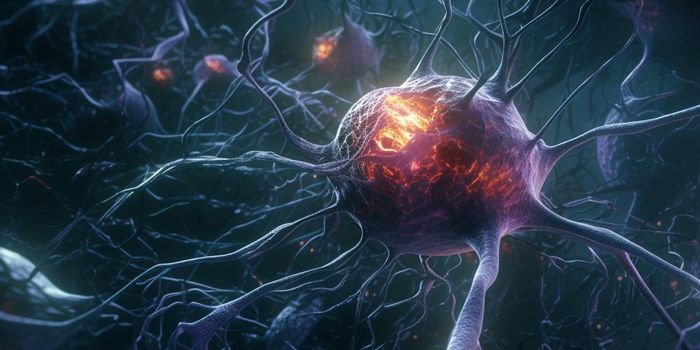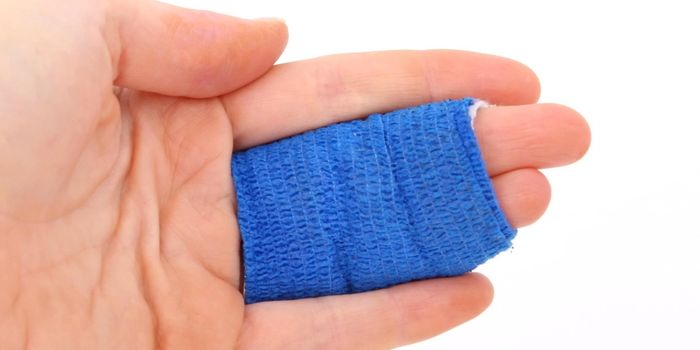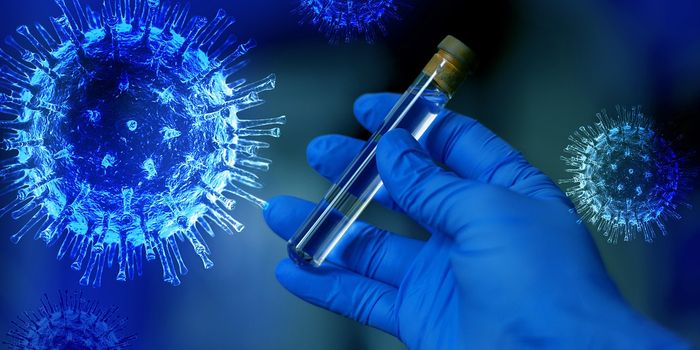The lasting effects of perinatal stress
New research published in the journal Cell suggests that stress experienced during gestation in the womb, as well as immediate post-natal stress, can result in life-long immune deficiencies and even impact an individual’s ability to protect against infections and cancer.
The study comes from researchers at Yale who looked at long-term physiological changes in mice who were exposed to gestational stress and post-natal stress in the form of the stress hormone glucocorticoid. While glucocorticoid is typically thought of as beneficial to the body due to its inflammation-reduction characteristics, the team found that early-life exposure to glucocorticoid can actually change immune system responses permanently, which can, in turn, have negative consequences.
"Mice for rest of their lives are rewired and reprogrammed in ways fundamentally different from those not exposed to glucocorticoids," said senior author Ruslan Medzhitov, a Yale immunobiologist and Howard Hughes Medical Institute investigator. They found that the glucocorticoid-exposed mice were more susceptible to bacterial infections and tumors throughout their entire lives and that they had lower activity in a specific type of T cell that responds to pathogens.
The authors write: “We report that perinatal glucocorticoid exposure had long-term consequences and resulted in diminished CD8 T cell response in adulthood and impaired control of tumor growth and bacterial infection. We found that perinatal glucocorticoid exposure resulted in persistent alteration of the hypothalamic-pituitary-adrenal (HPA) axis. Consequently, the level of the hormone in adults was significantly reduced, resulting in decreased CD8 T cell function. Our study thus demonstrates that perinatal stress can have long-term consequences on CD8 T cell immunity by altering HPA axis activity.”
The scientists say that their findings can illuminate why individuals vary so widely in their ability to ward off infections and will hopefully help promote research investigating mechanisms of stress reduction during perinatal periods.
Sources: Cell, Science Daily









